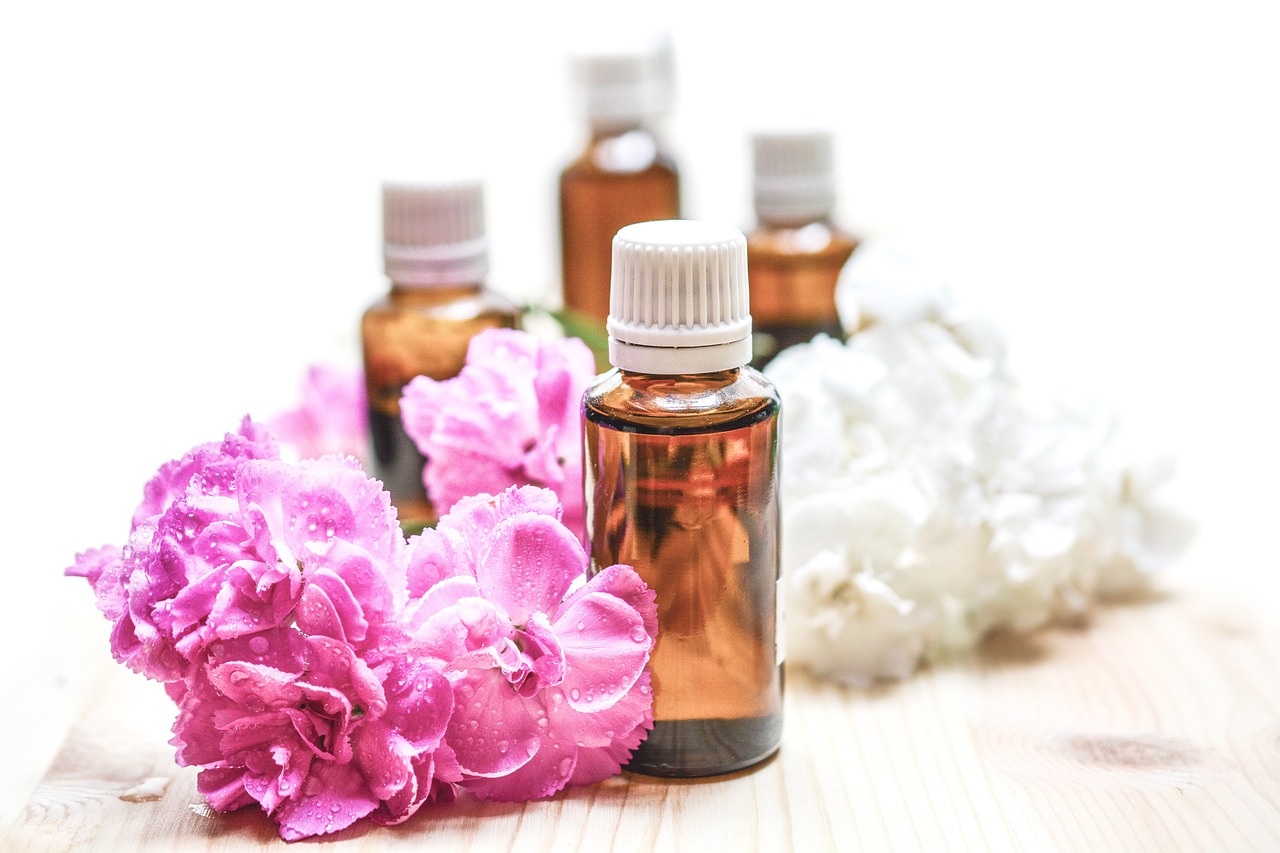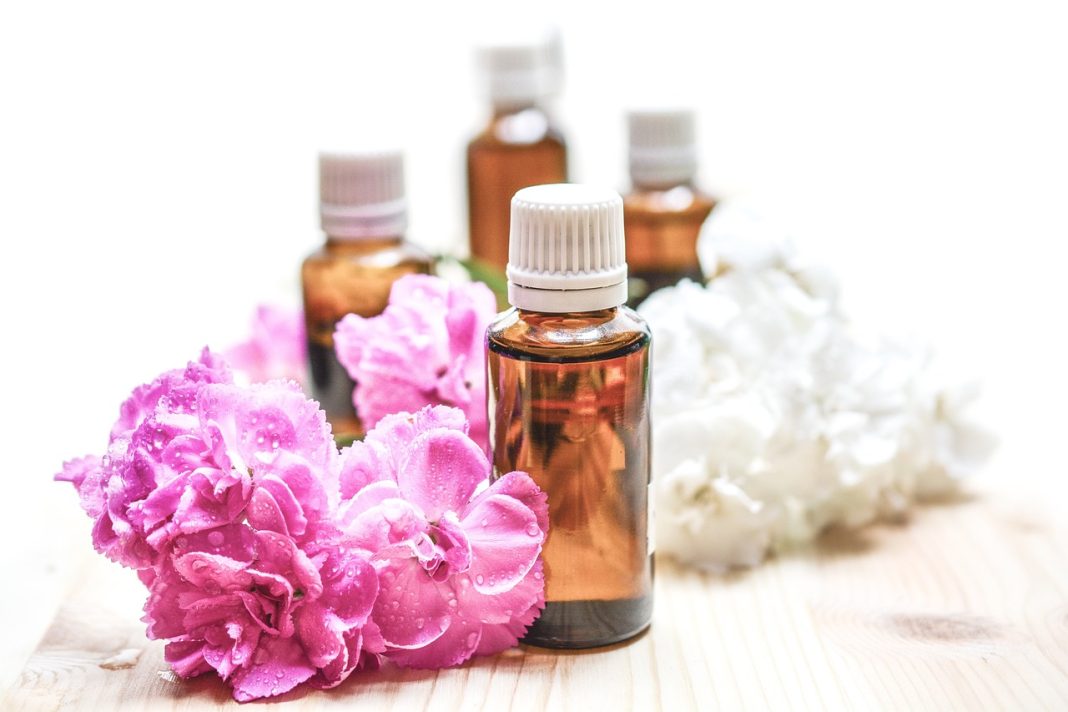
The lungs play a critical role in the respiratory system, allowing for the exchange of oxygen and carbon dioxide between the body and the environment. However, various factors such as smoking, pollution, and respiratory illnesses can negatively impact lung function, leading to reduced capacity and potential health risks. Fortunately, there are several strategies that individuals can implement to enhance their lung function and improve their overall respiratory health. In this article, we will explore some of these strategies and provide insights on how to effectively boost lung function.
1. Understanding Lung Function: Anatomy and Physiology
The lungs are a vital organ in the respiratory system that plays a crucial role in breathing. Understanding the anatomy and physiology of the lungs is essential for diagnosing and treating respiratory diseases. The lungs are located in the chest and are protected by the ribcage. They are divided into two lobes on the left and three on the right.
The primary function of the lungs is to exchange oxygen and carbon dioxide with the blood. This process occurs in the alveoli, which are tiny air sacs located at the end of the bronchioles. Oxygen from the air we breathe diffuses into the blood vessels surrounding the alveoli, while carbon dioxide from the blood diffuses into the alveoli to be exhaled. The lungs also help regulate the body’s pH balance by controlling the amount of carbon dioxide in the blood. Understanding the anatomy and physiology of the lungs is crucial for maintaining respiratory health and treating lung-related diseases.
2. Lifestyle Changes for Improved Lung Capacity
Improving lung capacity is essential for maintaining good respiratory health, and lifestyle changes can play a significant role in achieving this goal. Here are some lifestyle changes that can help improve lung capacity:
- Quit smoking: Smoking is the leading cause of lung cancer and other respiratory diseases, and quitting smoking can significantly improve lung capacity. It is never too late to quit smoking, and there are many resources available to help you quit.
- Eat a healthy diet: A healthy diet rich in fruits, vegetables, and whole grains can help improve lung function. These foods are high in antioxidants and other nutrients that can help protect the lungs from damage.
- Exercise regularly: Regular exercise can help strengthen the muscles used for breathing and improve lung function. Aerobic exercise, such as running or cycling, is particularly beneficial for improving lung capacity.
- Avoid exposure to pollutants: Exposure to air pollution, chemicals, and other pollutants can damage the lungs and reduce lung capacity. It is important to avoid exposure to these pollutants as much as possible.
By making these lifestyle changes, you can improve your lung capacity and reduce your risk of respiratory diseases. It is important to consult with your doctor before making any significant changes to your lifestyle, especially if you have any underlying health conditions.
3. Medical Interventions and Therapies for Enhancing Lung Function
There are several medical interventions and therapies available for enhancing lung function in individuals with respiratory conditions. These interventions and therapies are designed to improve lung function, reduce symptoms, and enhance overall quality of life.
- Inhalers: Inhalers are commonly used to treat respiratory conditions such as asthma and chronic obstructive pulmonary disease (COPD). They work by delivering medication directly to the lungs, which can help to open up airways and improve breathing.
- Oxygen Therapy: Oxygen therapy is often used to treat individuals with respiratory conditions who have low oxygen levels in their blood. This therapy involves the use of an oxygen tank or concentrator to deliver oxygen to the lungs, which can help to improve breathing and reduce symptoms.
- Pulmonary Rehabilitation: Pulmonary rehabilitation is a comprehensive program that includes exercise, education, and support for individuals with respiratory conditions. This therapy can help to improve lung function, reduce symptoms, and enhance overall quality of life.
Other may include medications, surgery, and mechanical ventilation. It is important to work with a healthcare provider to determine the best treatment plan for your individual needs.
In conclusion, enhancing lung function is crucial for maintaining a healthy and active lifestyle. Incorporating strategies such as regular exercise, avoiding smoking and pollutants, and maintaining a balanced diet can significantly improve lung capacity. Additionally, seeking medical attention for any underlying respiratory conditions is essential for optimal lung health. By implementing these strategies, individuals can enhance their lung function and improve their overall quality of life.








